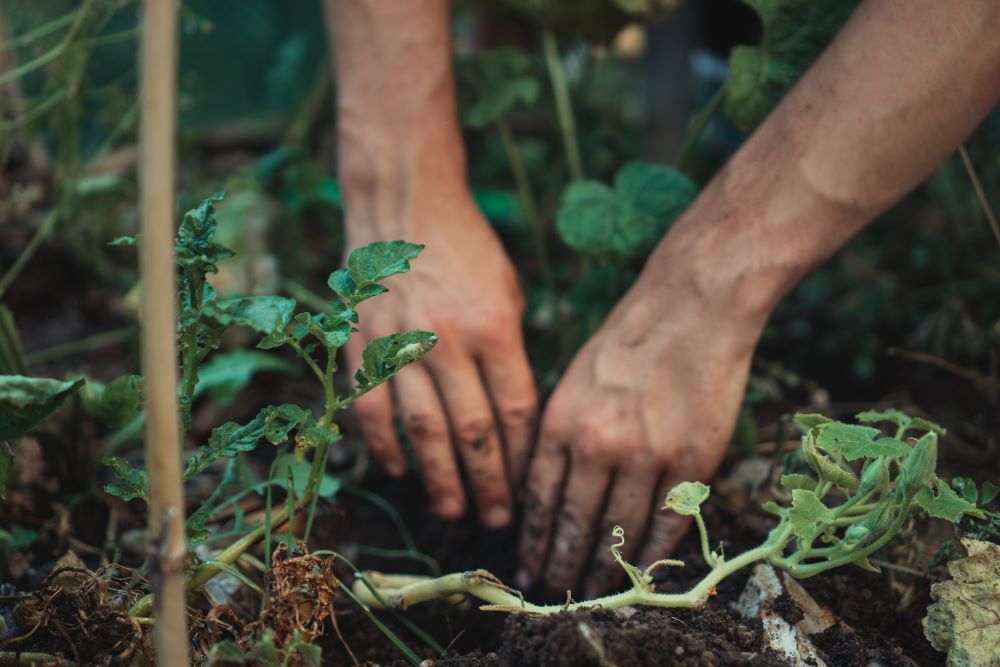
Reduce Your Waste - How to Compost ökocat Natural Litter
Did you know that ökocat litter is 100% biodegradable and compostable? ökocat litter is an all-natural plant-based cat litter, which allows it to be returned from where it came—the earth!
Not only are we committed to making sustainable products, but we also strive to produce minimal waste and help you do the same! Did you know that roughly 80% of the items buried in landfills in the United States could be recycled or composted? Landfills are one of the largest contributors to soil pollution.
Traditionally when cleaning the litter box it is common to simply toss the old litter into the trash. However, composting has recently become a great way to reduce household waste. ökocat litter users who compost their old litter can sleep better at night knowing that they are creating a smaller carbon footprint for your furry friend.
How does it work?
Organic waste will break down naturally if given enough access to oxygen, allowing microorganisms to feed on the organic materials, breaking it down into usable compost! This is called aerobic decomposition, organic materials converted to compost can be used as a soil amendment, improving the quality of your soil by adding essential plant nutrients.
In landfills, waste lacks access to oxygen causing decomposition to take much longer and producing lots of greenhouse gasses like methane and takes up so much space!
How do I start a home compost?
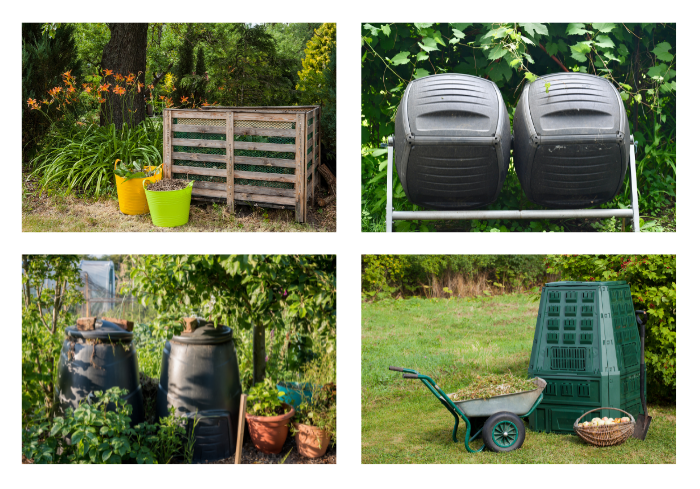
If you are interested in starting a home composting system, do your research to find the right composting system for your home – there are tons of methods out there that will require different amounts of space and even work on your end. The basic principles of creating healthy compost are the same, it’s critical to practice good composting standards for optimal aerobic decomposition. This means stirring, turning, watering, checking the temperature, and covering your compost every few days.
Make sure there isn’t too much of one type of organic material in your compost pile, you want an overall balanced content. Variety is the spice of life, and that holds true to your compost pile as well! It does take some effort but it’s well worth it in the end and after a few months, your compost will be ready to be used in your happy and healthy garden.
If you have any questions or concerns regarding composting at home, we recommend checking your local ag regulations, reading more through the tips at EPA.gov, or checking your state regulations.
Can I compost poo? It depends.
Many of the compost blends you can buy on the market will contain manure from animals like cows and horses. These animals are herbivores, meaning their waste will only contain plant matter and this creates amazing compost!
So the rules of thumb for composting your pet’s waste is: herbivores only! That, unfortunately, means no for composting your cat's poo.
Cat parents can still compost their excess litter but should remove the solid waste from the used litter and properly dispose of with the use of a biodegradable bag. The feces of any carnivorous animal may contain harmful bacteria and should NOT come in contact with anything edible. After removing any solid waste, you can safely compost the rest of the litter.
Composting How-to:
Place litter on your compost heap, add some straw and mix it all together.
Allow this to sit with other compostable items, turning the compost as needed to allow for proper aerobic decomposition.
Each composting system has different requirements for turning and tending, so make sure to tailor these steps to your specific system.
Depending on the size of your pile and your method of composting, it can take anywhere from two to six months for your compost to be ready to use and mixed into your garden.
Important Tips for Success:
- Do not compost the waste of any animals who are ill, contagious, or taking medication, as these unwanted elements may wind up in your soil.
- Do not compost the feces of carnivores or omnivores
- Keep your compost pile balanced
Don’t want to Start your Own Composting System?
What if I don’t want to start a home compost, but don’t want to throw my excess litter into the garbage?
If you are not interested in creating your own home compost bin or don’t have the available space, you may be able to use a yard waste bin or simply bring your compostable materials to local farms or a nearby community garden. Be sure to ask first if they will accept compostable materials with pet waste and what the requirements are.
Most waste management companies have a commercial composting facility, especially if you live in a larger town or city.
If you are struggling to locate one, we simply recommend googling “composting facilities near me”, give them a call and ask:
- If they provide a waste-management bin and the times they pick up compost
- If they do not pick up, when and how your compostable materials can be dropped off
- Any regulations of what should/should not be included in your compost materials
- The cost associated with working the yard-waste management
- Any additional benefits they provide (such as finished compost at a reduced price).




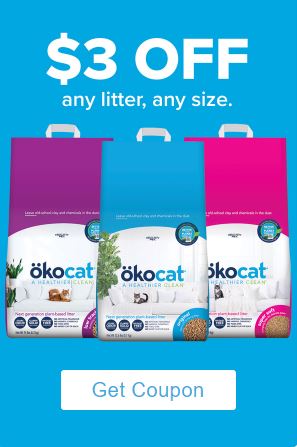
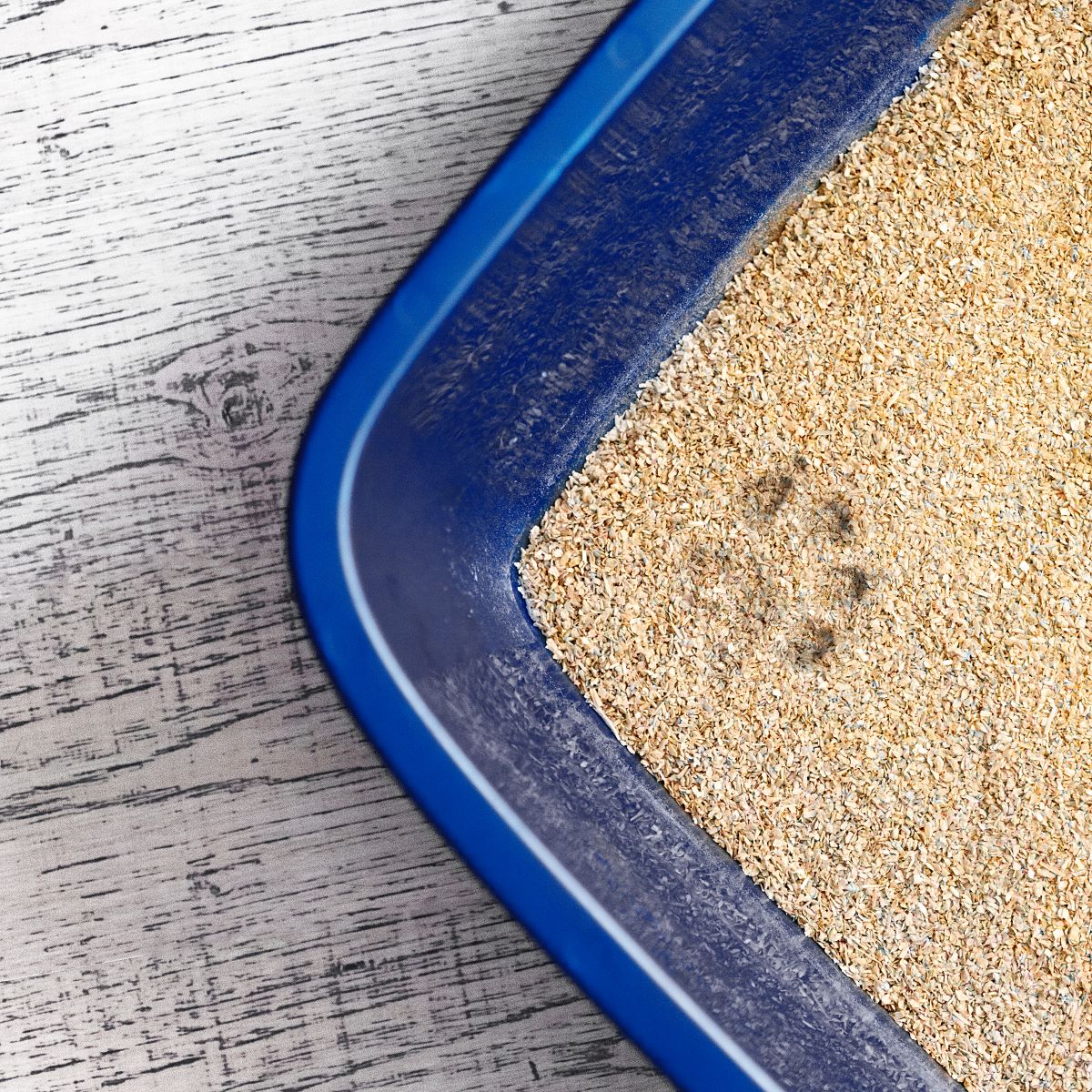
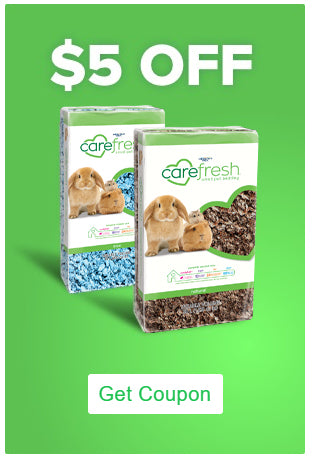
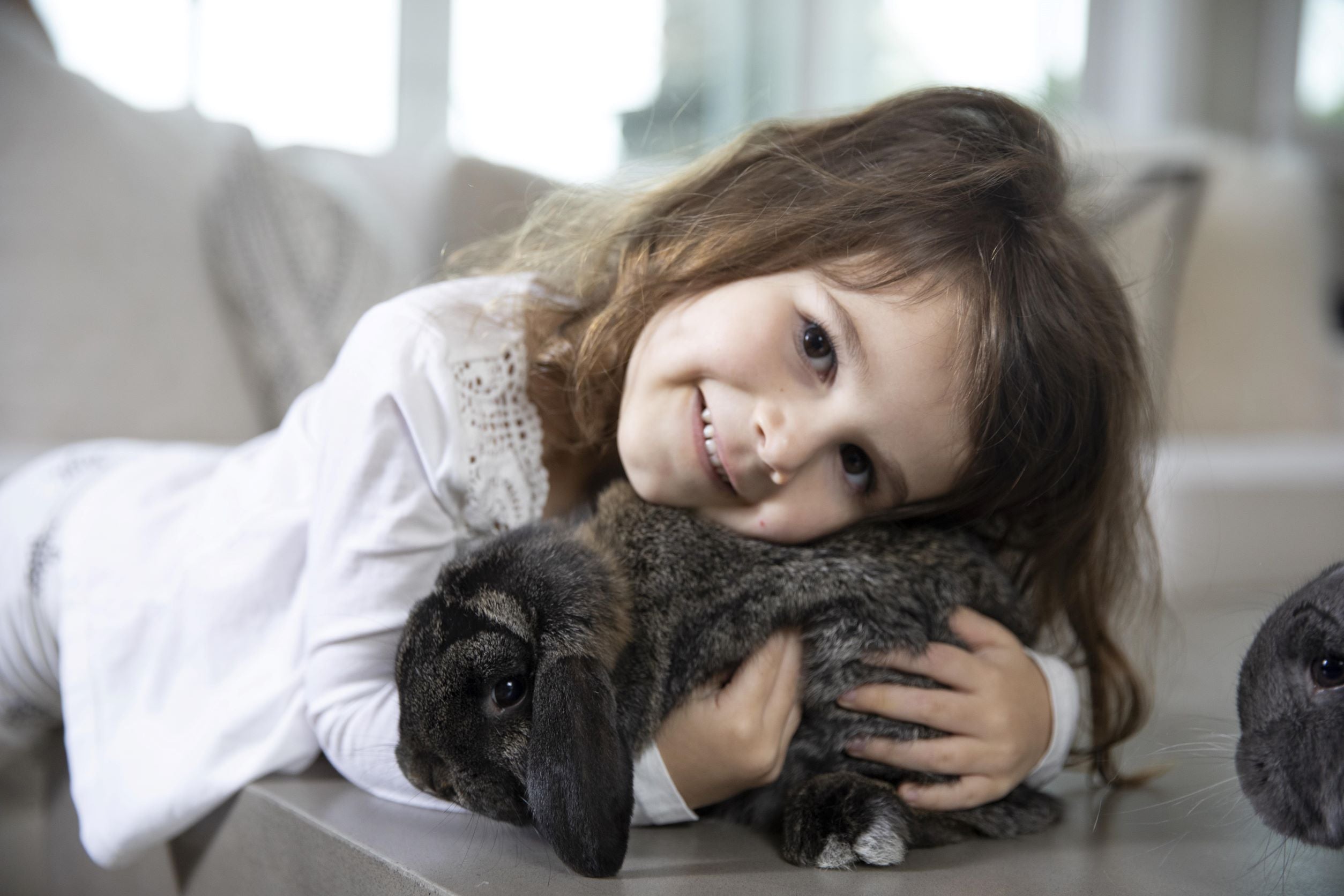
 email us
email us